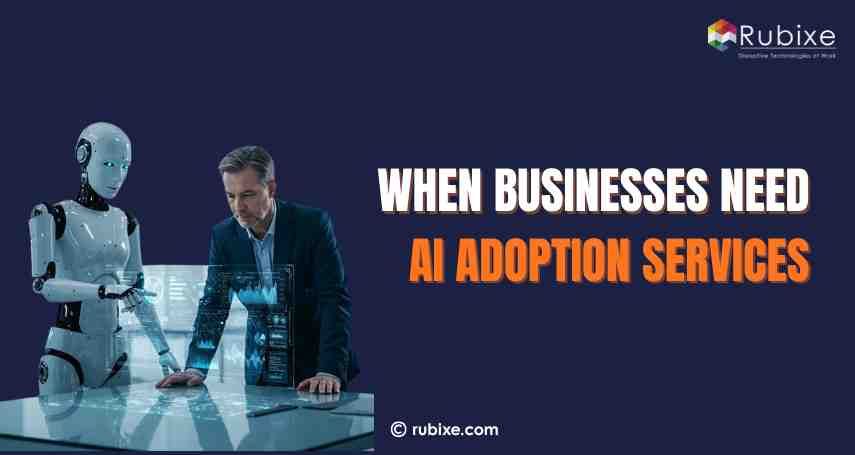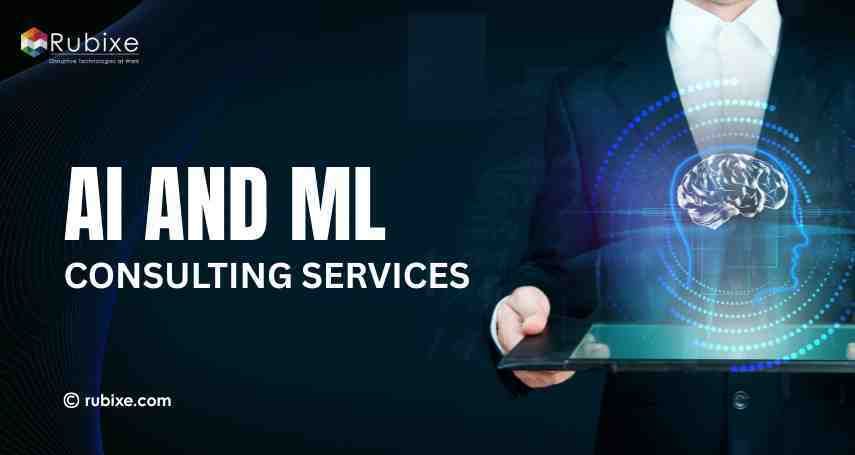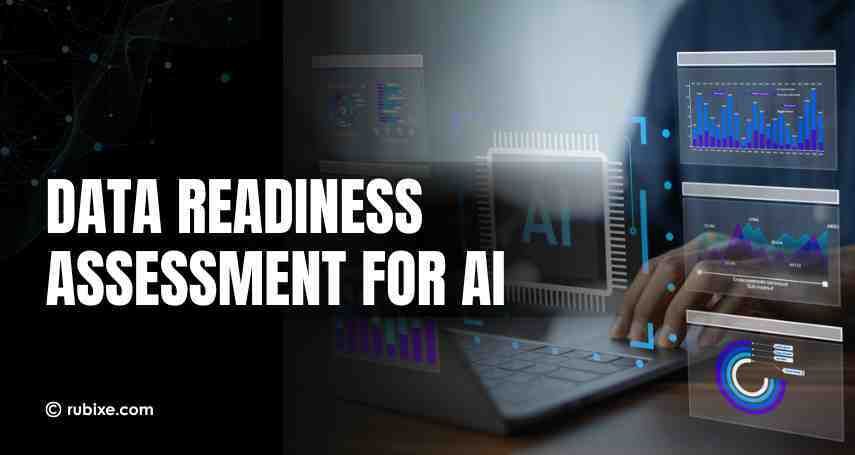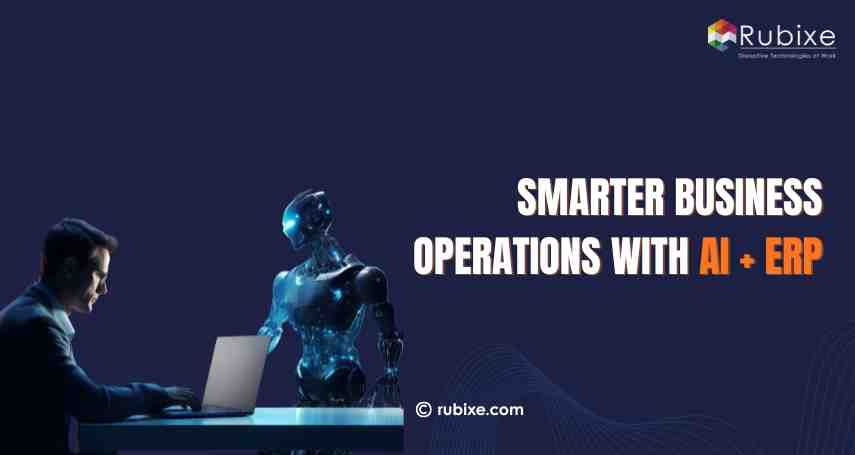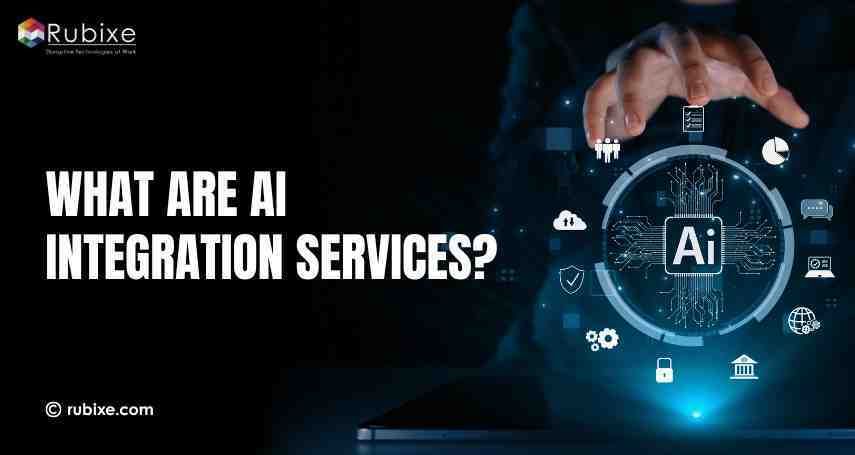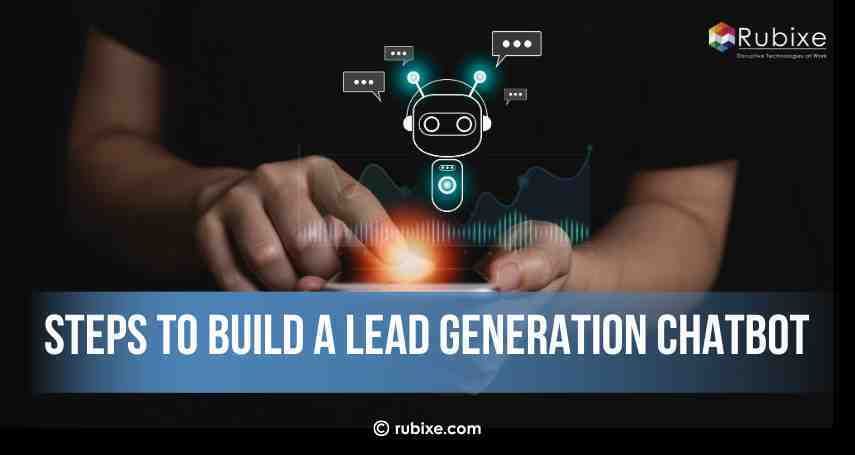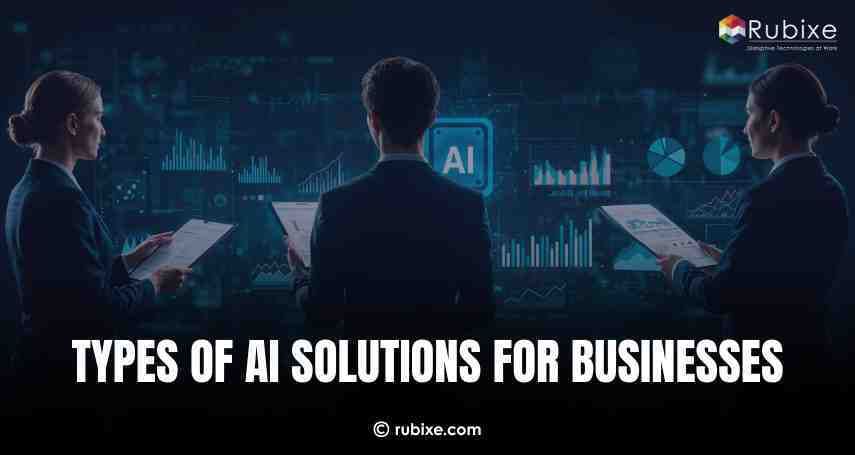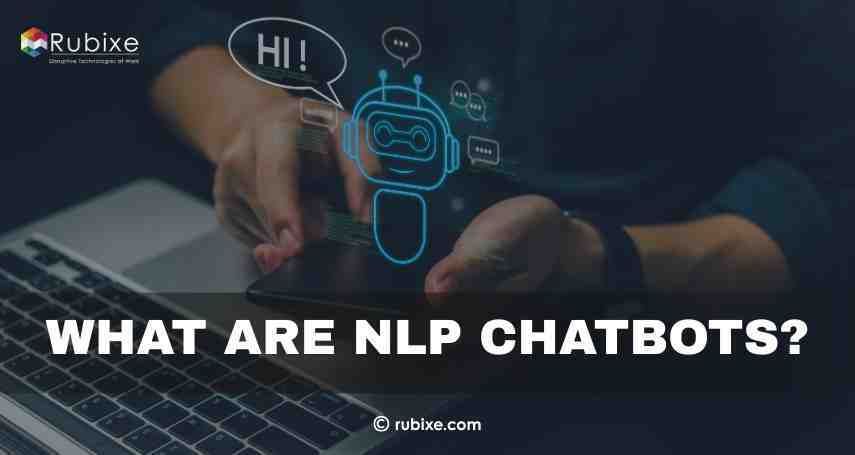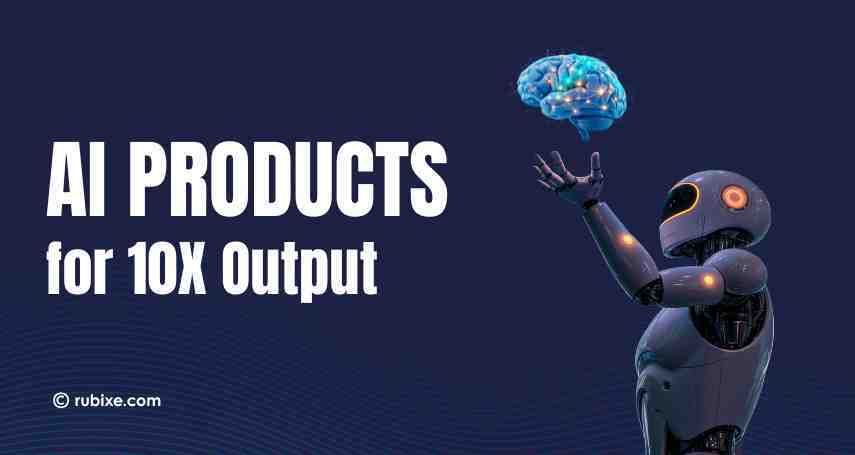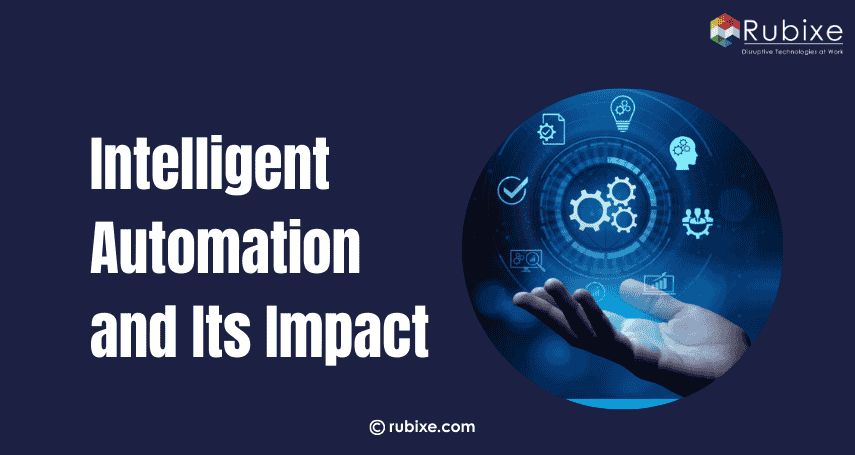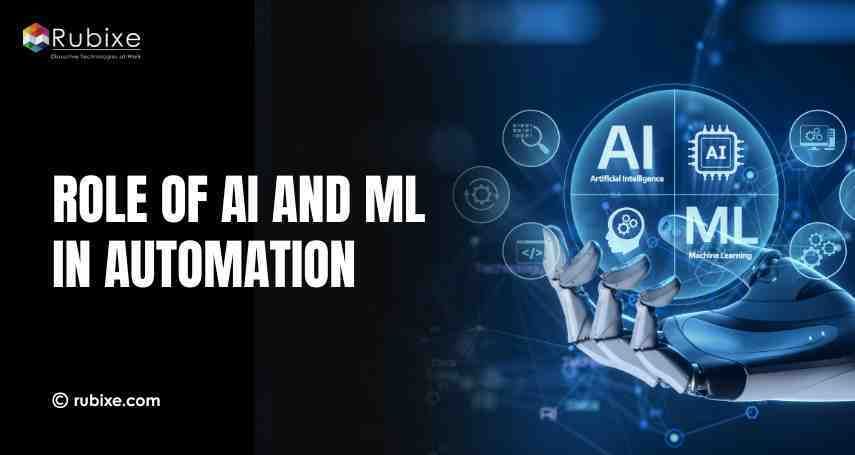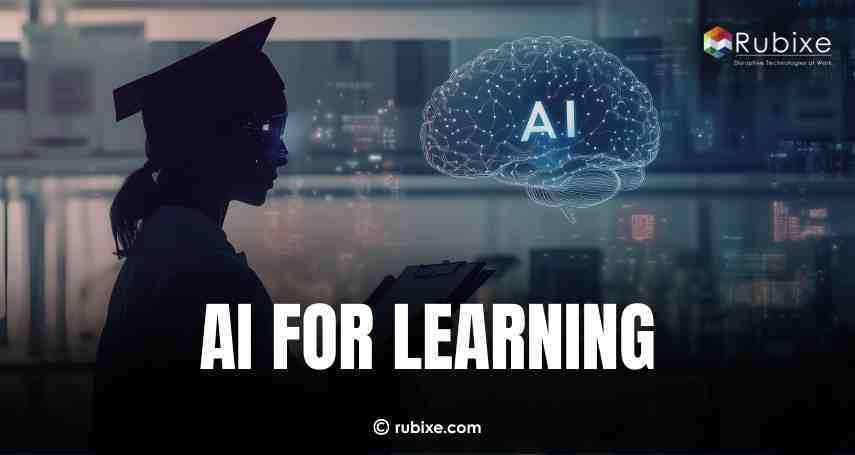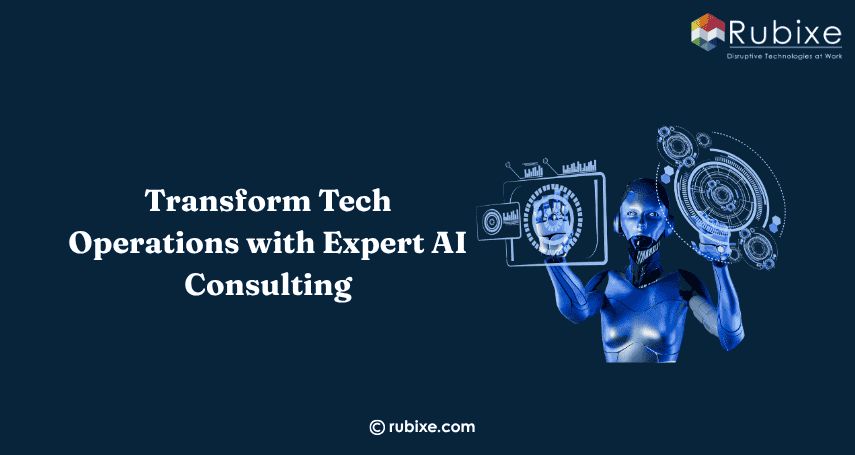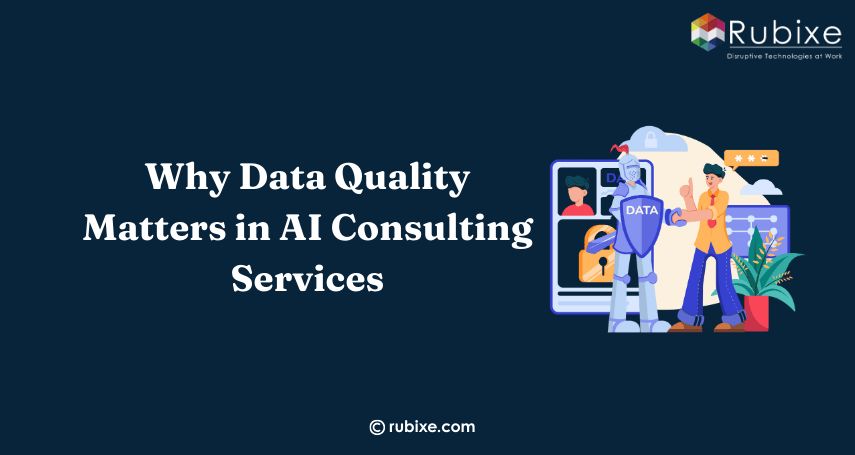AI Consulting: What It Means for Modern Business Strategy
AI consulting helps businesses integrate smart technologies to improve efficiency, cut costs, and drive growth—shaping smarter, data-driven strategies for the modern age.
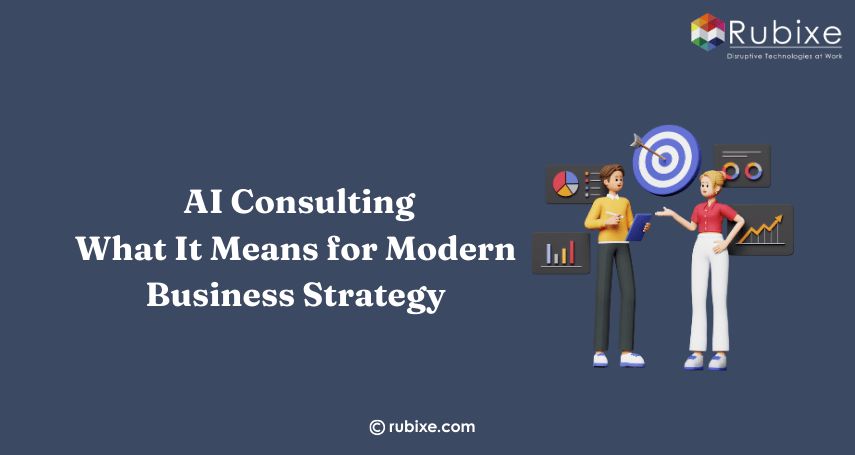
AI is becoming a regular part of how businesses grow and get things done. At first, I thought it was just for big companies, but I soon realized it could help my business too. Still, using AI wasn’t as simple as I expected. I needed more than just the tools. I needed a clear plan. That’s when I turned to AI consultants. They helped me understand where AI could really make a difference.
What AI Consulting Means for Your Business
AI consulting is all about helping businesses use artificial intelligence in a practical, goal-oriented way. It’s more than just tech advice—it’s about connecting AI tools to real business needs. AI consultants look at what a company wants to achieve, assess its data and systems, and design solutions that use AI to get there. This could mean building a predictive model, setting up automation, or helping teams use AI tools better.
AI consulting typically includes:
-
Strategic Planning: Helping businesses understand how AI fits into their overall goals.
-
Technology Assessment: Reviewing existing systems, tools, and platforms.
-
Data Audit and Management: Evaluating the quality, availability, and usability of data.
-
Use Case Discovery: Identifying the best opportunities for AI across departments.
-
Proof of Concept Development: Building initial models or prototypes.
-
Implementation Support: Helping with the integration, deployment, and scaling of AI systems.
-
Change Management: Training teams and guiding cultural adoption.
-
Ongoing Advisory: Offering continuous support and improvement strategies.
Why AI Consulting Matters for Business Strategy
-
Making AI Fit Business Goals: A good AI strategy starts with the business, not the tech. Consultants begin by understanding what a company is trying to achieve, like cutting costs, improving customer experience, or making faster decisions. Then they figure out how AI can help. This ensures that AI projects are useful and not just experiments.
-
Checking What’s Ready (And What’s Not): Many companies want to use AI but aren’t quite ready. Maybe their data is messy, or their systems aren’t built for it. AI consultants do a readiness check. They point out what needs fixing—like improving data quality or updating systems—before starting anything big.
-
Picking the Right Use Cases: Not every task needs AI. Consultants help businesses find the areas where AI can make the biggest impact—things like predicting demand, segmenting customers, or automating reports. They help prioritize what’s worth doing first.
-
Planning for Growth: AI isn’t just a one-time thing. It needs to grow with the business. Consultants create a roadmap that covers how to scale solutions, train staff, and keep systems running smoothly. This helps companies avoid dead-end projects and wasted resources.
Where AI Consulting Helps the Most
-
Marketing and Sales: Personalized campaigns, customer insights, and better demand forecasting.
-
Operations: Smarter logistics, automated tasks, and better resource planning.
-
Finance: Fraud detection, credit scoring, and forecasting.
-
Customer Service: Chatbots, sentiment analysis, and smarter ticket routing.
What Happens During an AI Consulting Project?
-
Getting to Know the Business: It starts with listening. Consultants talk to stakeholders, look at workflows, and analyze data. They get a clear picture of how the business runs and where AI could help.
-
Finding the Right Opportunities: Once they understand the business, consultants map out potential AI projects. They rank these based on how valuable and realistic they are.
-
Building a Pilot: Consultants then help create a small-scale solution to test the idea. This might be a basic machine learning model or an AI-powered tool.
-
Making It Work in the Real World: If the pilot works, the solution is rolled out across the business. Consultants help integrate it with existing systems and make sure it’s reliable.
-
Training and Support: AI needs people to use it well. Consultants train teams, create documentation, and help set up processes so the solution can keep working without constant help.
-
Long-Term Advisory: After implementation, AI consultants often stay on board to guide further improvements. They monitor performance, suggest upgrades, and help adjust strategies as new needs arise.
Different Types of AI Consulting Services
-
Strategy Consulting: Focuses on aligning AI with business goals and creating a roadmap.
-
Technical Consulting: Deals with tools, models, and data architecture.
-
Implementation Consulting: Helps integrate AI solutions into business systems.
-
Product Consulting: Assists companies in developing their own AI-powered products.
-
Training and Enablement: Builds in-house skills and supports cultural shifts.
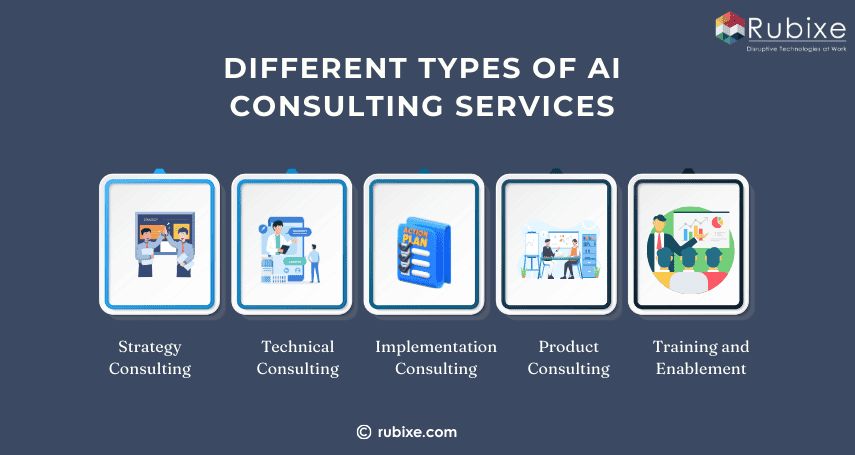
Common Challenges in AI Consulting
-
Messy Data: Without clean, usable data, AI doesn’t work well.
-
Big Expectations: People often expect too much too soon. Consultants help set realistic goals.
-
Old Systems: Legacy tech can slow down or block AI projects.
-
Skill Shortages: Businesses may not have the in-house skills to maintain AI tools over time.
-
Security and Compliance: AI systems often handle sensitive data. Ensuring security and meeting regulations is a priority.
Why More Companies Are Choosing AI Consultants
AI consultants bring clarity. They turn complex ideas into clear actions. They also help avoid common mistakes—like chasing hype instead of value. Their outside perspective often helps uncover opportunities that teams on the inside might miss. Consultants also accelerate progress by bringing in tried-and-tested frameworks, tools, and expertise from other industries.
Real-World Example: AI in Logistics
A logistics company wanted to reduce delivery delays. An AI consultant started by studying delivery data. They built a model that predicted delays based on traffic, weather, and driver behavior. This model was then integrated into the company’s dispatch system. Within six months, the company saw fewer late deliveries and happier customers.
Making AI Work for You
AI is helpful, but only when it's used with a clear purpose and plan. That's where AI consulting comes in. It guides businesses to use the right AI services in ways that actually help, gets them ready for future changes, and supports steady growth. In a world where technology keeps changing, having the right support really matters.
Understanding what AI consulting is—and what it’s not—can help businesses make better decisions, lower risk, and get more out of their digital transformation efforts. AI isn’t magic, but with the right strategy, it can be a powerful tool.
